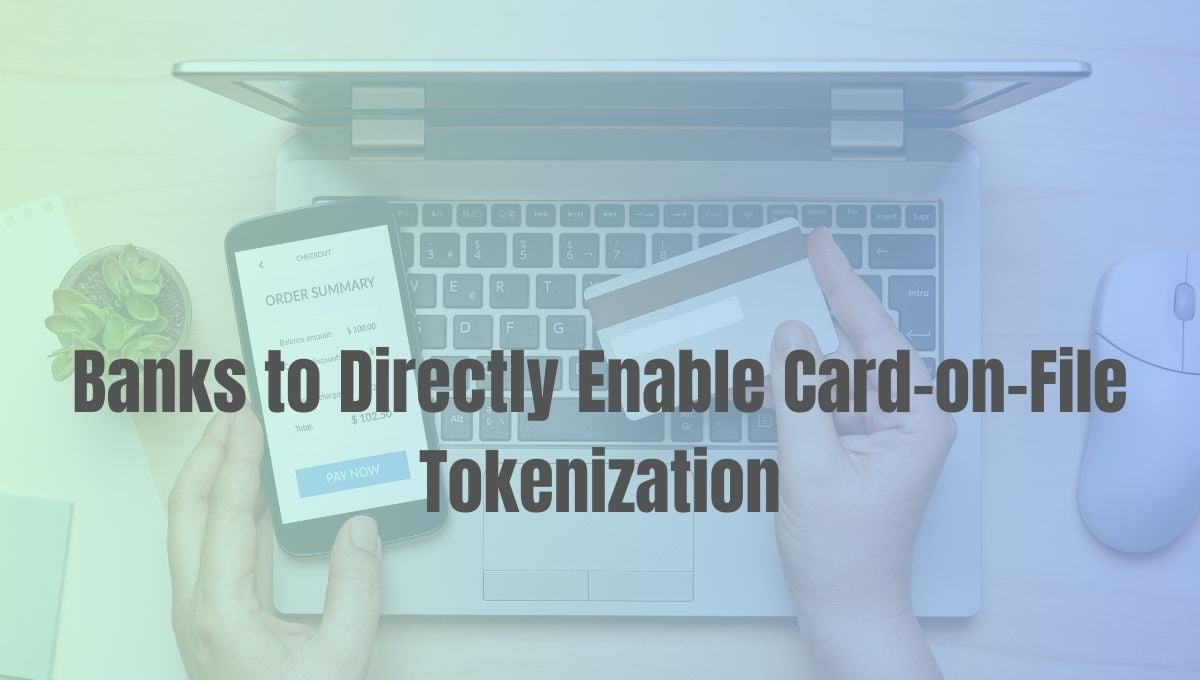The Reserve Bank of India (RBI) has issued a new circular allowing banks and other financial institutions to directly enable Card-on-File Tokenization (CoFT) for their customers. This move aims to provide additional convenience and choice for cardholders to tokenize their cards across multiple ecommerce platforms through a single process.
What is Card-on-File tokenization?
Card-on-File Tokenization refers to the process of replacing sensitive card details with an alternate code called the “token”, which is unique for a combination of card, token requestor and device. The actual card details are stored in a secured, encrypted format by the authorized card network. This enhances the safety and security of transactions.
Why has RBI introduced direct card tokenization?
In its circular, the RBI pointed out that until now, cardholders could only get tokens created through a merchant’s application or webpage. However, allowing banks to also offer tokenization will give consumers more choice to tokenize cards across multiple sites via a single method.
What are the expected benefits?
RBI noted that CoFT has improved transaction security and approval rates since its introduction. So far, over 56 crore tokens have been created with transactions worth Rs 5 lakh crore undertaken using them. Direct tokenization by banks will further augment these benefits.
How will the new system work?
With the latest decision, cardholders can now visit their bank’s website or app and generate tokens for cards they have issued. These tokens can then be attached to accounts on various shopping sites. Currently, tokens had to be obtained separately through each merchant app. This single process will provide added comfort.
Who all does the circular apply to?
The RBI has mandated the new direct card-on-file tokenization through banks to all payment system providers and participants. This includes banks, gateways, merchants, payment aggregators and intermediaries.
What did RBI say about adoption?
While acknowledging the rapid adoption of CoFT so far, the RBI circular asked stakeholders to work collaboratively for promoting tokenization. Banks have been asked to ensure easy access, user-friendly onboarding and offboarding. Merchants must also continue token provisioning for cards via apps and sites.
In summary, the RBI’s move to extend card-on-file tokenization abilities to banks aims to fuel the volume and value of digital transactions even further. By improving convenience and security for consumers, it is likely to give a fillip to growth in cashless payments. Stakeholders will have to work together seamlessly for driving utilization among users across the country.
